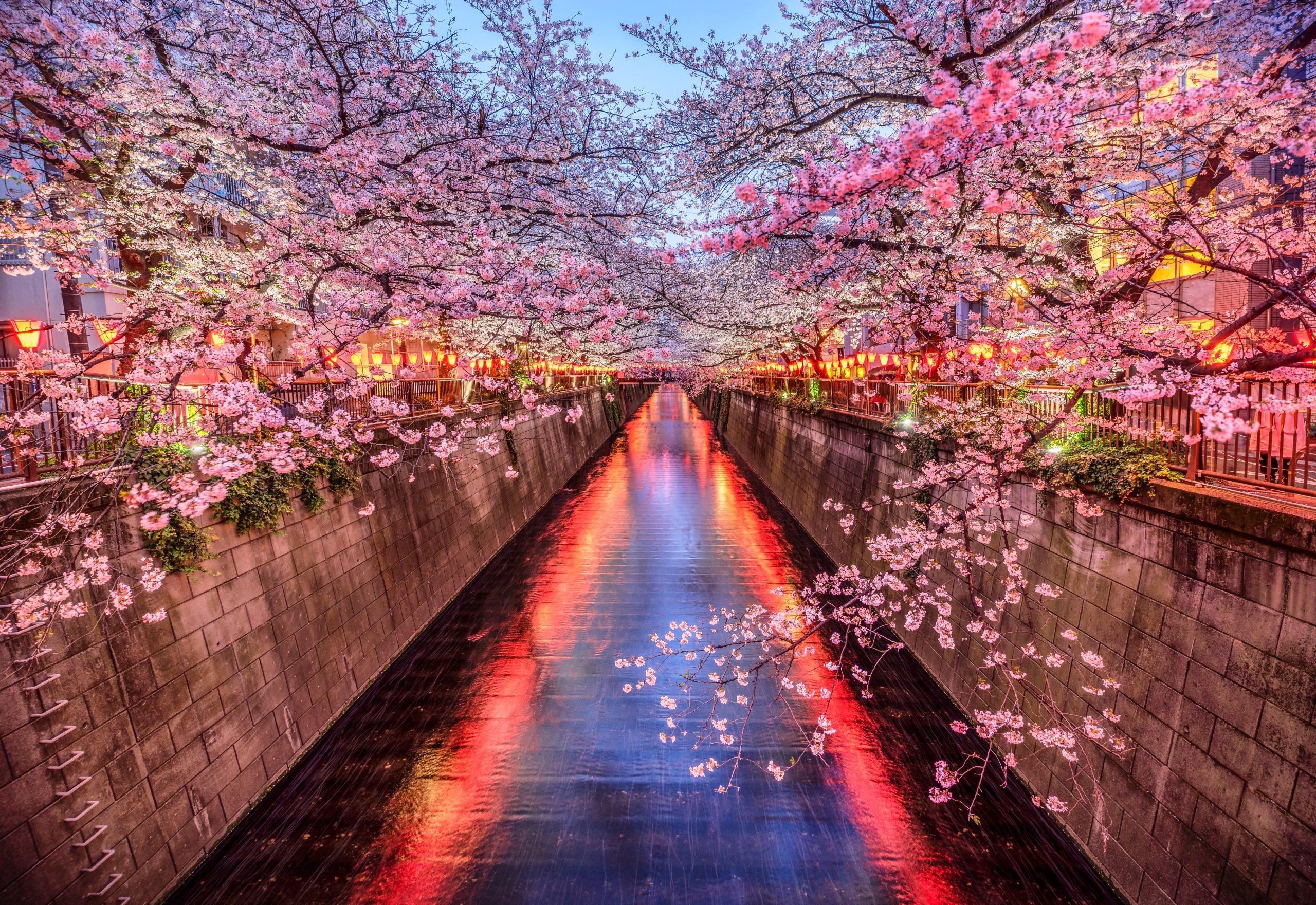This website uses cookies so that we can provide you with the best user experience possible. Cookie information is stored in your browser and performs functions such as recognising you when you return to our website and helping our team to understand which sections of the website you find most interesting and useful.
Chile’s winemakers ‘erasing’ terroir
By Patrick SchmittChilean producers’ historic emphasis on trying to emulate Bordeaux, coupled with too much interference from the country’s winemakers, is “erasing terroir”, believes Pedro Parra.
Pedro Parra describes himself as “a wine terroir consultant” and is based in Concepcion in southern Chile
During a discussion with the drinks business last month in Chile, the country’s revered soil and viticultural consultant Pedro Parra expressed his frustration at the lack of site expression in Chilean wines, which he initially said was due to producers’ cellar practices.
“I can do blind tastings to show that Chile has wines from fantastic terroirs based on great geology, but, despite having so many different terroirs, the wines taste the same because the human factor is so important in Chile: the winemakers want to be the first actor, they want to be present, and they are erasing the terroir.”
Parra also told db that a strong French influence in the country has encouraged too great a focus on Cabernet Sauvignon blends, which has come at the expense of developing the possibilities for Mediterranean grapes, which, he stated, may be better suited to Chile’s climate and soils.
The historical presence of the “French bourgeoisie” around Santiago as well as the high number of Chilean winemakers who have studied in Bordeaux have ensured that “Chile has been very Cabernet Sauvignon-Merlot country”, according to Parra.
Partner Content
“That has made it very boring in my view and not orientated for terroir,” he commented.
Continuing, he said, “We don’t have a lot of terroirs for Cabernet Sauvignon, and I’d love to see more Spanish and Italian grapes here.”






Pity very few terroir aficionados understand business principles. Although there is an element of truth in what he says/believes, and despite the fact that I also believe in, love, respect and adore wines which reflects all the researched and even “mystical” aspects of site specific wines, unfortunately (or fortunately) I have to produce wine in such a way that it appeals to a wide range of consumers…in order to truly enjoy terroir driven wines, I have to produce wine that also sells.
Terroir is what makes wine what it is. Without terroir, where’s the experience of tasting a wine with unique features indicating the North Rhône, or Napa Valley? While I can appreciate the business side of it (after all, you do have to cater to what will sell the best), I think that distinctly Chilean Cabernet could sell impressively. Even so, focusing on bringing back Carmenere would be great as well. Argentina found Malbec to be well-suited to their climate, and as such, it’s by far the largest producer of an immensely popular wine. Could not Chile do the same with Carmenere?
Chile could, the main problem is focused on how conservative Chilean winemakers are and how much flexible they are to innovate to become more popular.